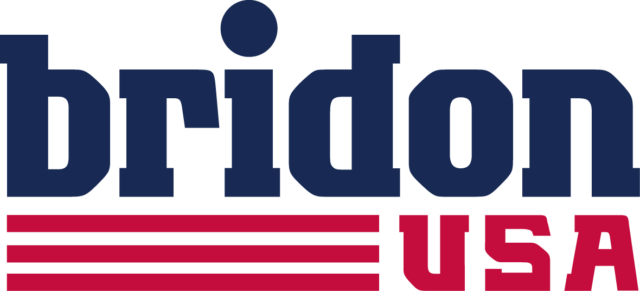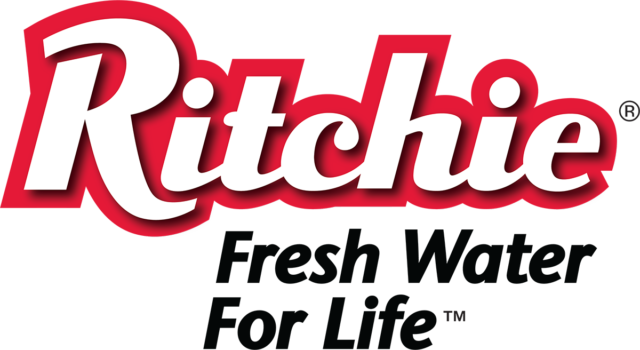Last week a group of meat industry organizations, including the American Meat Institute, filed a suit to block rules requiring producers to add more COOL information on their products. A key group spearheading that action was the Canadian Cattlemen's Association, which claims the laws are costing Canadian beef producers $1 billion a year. Also included in the lawsuit were other meat groups that included the National Cattlemen's Beef Association.
Those backing the lawsuit say the bureacratic red tape attached to this kind of administrative requirement only lards up the cost of doing business. Consumers, they claim, are mostly concerned about the price of beef, not the origins of where it was born, raised or processed.
The USDA estimates the labeling changes will cost between $53.1 million and $192.1 million to implement, according to the AP. Opponents are also expecting the new COOL laws to trigger a trade war, where Canada may assess more tariffs on U.S. products as a retaliation to the policy.
You probably have heard most of those details. But global trade being the diplomatic wordplay that it is, has many moving parts.
A new report from the California Farm Bureau Federation reports on that dialogue between Canadian officials and California ag trade representatives to find some middle ground. California, which is arguably the nation's most diverse bread basket, could see tariffs on a number of its products, including wine, cherries, cheese, rice, apples, live cattle and meat, according to Ching Lee's report in Ag Alert.
What's notable in the piece is how Canada realizes disposing entirely of COOL regulations is not realistic, and California officials don't shy away from their insistence on a COOL label laws that follow the World Trade Organization.
As ardent as the NCBA is with AMI and other groups to halt the newly amended rules, producers seem to be more in favor of the USDA policy. Check out how our latest Progressive Cattleman poll gauged the issue.
Got more to share on this issue? Why do you think producers favor a COOL law that has not been endorsed by the NCBA and other meat groups? ![]()






